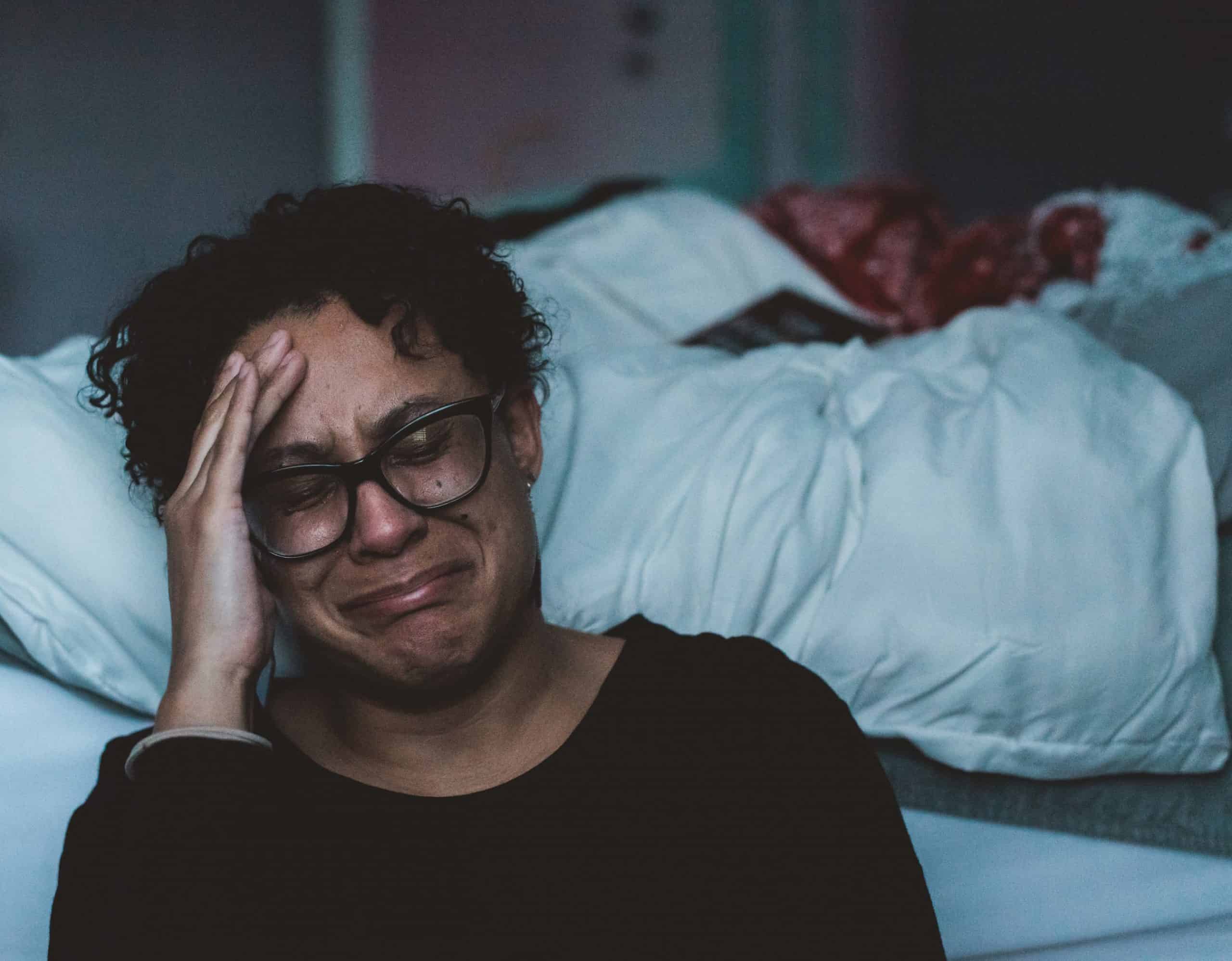The year 2020 has been unlike any we have experienced in recent memory. With so many people still in quarantine due to COVID-19, economic difficulties, political unrests, and natural disasters, the amount of stress we have each had to deal with individually and as a collective whole has been astronomical.
If you are feeling overwhelmed and traumatized due to recent events, know you are not alone. Not only have we as humans had more to deal with emotionally and physically, but our usual ways of coping, such as having friends and family nearby, have been put beyond our reach. It only takes a few minutes reading the news to know mental health issues are on the rise and with them, the risk of someone committing suicide.
In recent Austin news, Clinical Psychologist Kim Roaten is concerned suicide rates are going to be higher this year than in the past. Though we won’t know official numbers for some time to come, the problems people are dealing with have gone up and our usual ways of coping with stress have gone down. A recent poll by the Kaiser Family Foundation in July “found 53% of adults said worry and stress related to the coronavirus has had a negative impact on their mental health.”
Risk factors for suicide
People consider committing suicide for all sorts of reasons, especially when those reasons are compounded. While these reasons can widely vary depending on a person’s specific situation, there are several contributing factors common to those who attempt to take their own lives. These reasons often include:
- Economic difficulty
- Mental health conditions
- Physical health issues
- Prolonged stress
- Stressful life events
- Social isolation
- Drug and/or alcohol use
In this age of Coronavirus, it’s easy to see how problems can compound one on another and with no end in sight, a person may consider taking their own life to end their pain. Isolated away from others, they may not have the face-to-face support around them or have easy access to resources that may have been able to assist them in their time of need. Even healthy people with no history of mental health conditions are finding the days difficult and hard.
We are in this together
The good news in all this is that none of us are alone in these times. We have all been affected in one way or another, some more than others. Whether you are struggling to pay your bills, are dealing with health issues, grieving a loved one or a lost way of life, or are just feeling isolated in a little apartment, there is help for you whenever you need someone to talk with. Someone is always waiting to talk with you at the National Suicide Hotline. Even if you are just going through some hard moments and need to connect to someone, they are just a phone call or text away.
Ways to cope with stress
When you’re in the midst of a prolonged and stressful situation, it can feel like it will never end. At these moments, our mind can turn to darker possibilities and while it is important to acknowledge all our feelings, there are things we do in the meantime while we wait it out to lift up ourselves and our loved ones.
- Take the list of things to do one at a time: Sometimes there are so many things to attend to that it can feel overwhelming. Make a list of what you need to take care of today and focus on doing just that. Take it all one day at a time. You don’t need to have it all figured out now. You just need to take that next step today.
- Exercise: Exercising is an excellent way to feel happier. Though it can be hard to get ourselves off the couch, taking a walk around the neighborhood, doing yard work, or yoga in your living room can help you feel better and give new energy.
- Call a friend or family member: Whether you are concerned about someone or just need someone to talk to, call a friend or family member to see how they are doing and share with them your thoughts and feelings. Who have you not talked to in a while? Who do you trust? Who may need to hear you care about them?
- Find something you enjoy doing: Find an activity to do that brings you joy. Do you like baking cookies, playing a game, or learning a new skill? Even if it as simple as putting a puzzle together, taking a moment to do something you enjoy can be that first step needed to get to the next.
- Limit your news intake: While it is important to stay informed, choose to only read or watch the news on certain days of the week or certain times of day. A non-stop inflow of news these days can overwhelm you and make things seem darker and more fearsome than they really are.
- Call for help: If you are in a mental health crisis, need someone to talk to, or are considering suicide, please call the National Suicide Prevention Lifeline. They are always available to talk or text and can help connect you to other resources. You can call them at 1-800-273-8255 (TALK) or text HOME to 741741.
Suicide is not the answer
For most people, life will, indeed, be different than it was before. Especially for those experiencing job loss, health problems, or the loss of a loved one, it can be especially difficult. We’ll have to find new ways of going about our lives and a new way forward when this time of quarantine is over. Suicide is not the answer. There is a way forward. You matter to people more than you know.





